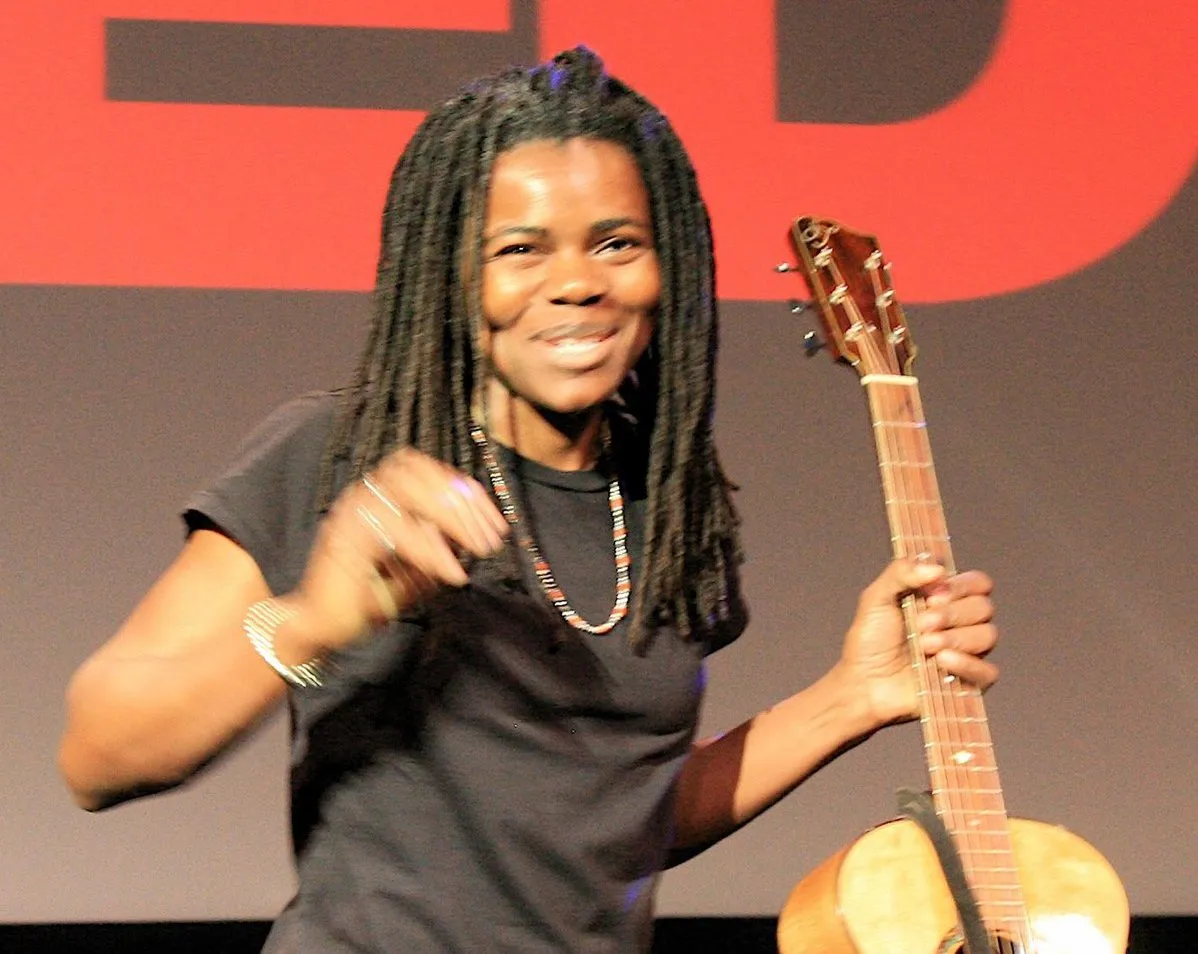Introduction to Tracy Chapman
Tracy Chapman is a highly acclaimed singer-songwriter known for her soulful voice, poignant lyrics, and socially conscious music. Born on March 30, 1964, in Cleveland, Ohio, Chapman rose to fame in the late 1980s with her debut album.
Early Life and Background
Growing up in a working-class family, Chapman developed a passion for music at an early age. She learned to play the guitar and began writing songs as a teenager. Despite facing challenges, Chapman’s talent and determination paved the way for her success.
Rise to Fame with “Fast Car”
In 1988, Chapman released her self-titled debut album, which included the hit single “Fast Car.” The song’s raw emotion and vivid storytelling captivated audiences worldwide, earning Chapman widespread acclaim and recognition.
Musical Style and Influences
Chapman’s music is characterized by its blend of folk, rock, and pop elements. Her distinctive voice and honest lyrics resonate with listeners, addressing themes of love, loss, and social injustice. Influenced by artists like Bob Dylan and Marvin Gaye, Chapman’s work transcends genres, appealing to a diverse audience.
Impact and Legacy
Throughout her career, Chapman has remained committed to using her platform for social change. Her songs tackle issues such as poverty, racism, and human rights, inspiring activism and raising awareness. Chapman’s impact on the music industry and society as a whole is undeniable, cementing her legacy as a true icon.
Awards and Recognition
Chapman’s contributions to music have been recognized with numerous awards and accolades. She has won numerous Grammy Grants, including Best New Craftsman and Best Female Pop Vocal Execution. Chapman’s influence extends beyond the music industry, earning her praise for her humanitarian efforts.
Activism and Social Causes
In addition to her music, Chapman is actively involved in various social causes. She has lent her voice to campaigns supporting LGBTQ+ rights, environmental conservation, and racial equality. Chapman’s dedication to making a difference has earned her admiration from fans and fellow activists alike.
Personal Life
Despite her fame, Chapman remains notoriously private about her personal life. She prefers to let her music speak for itself, rarely granting interviews or attending public events. Chapman’s humility and authenticity have endeared her to fans, who respect her commitment to staying true to herself.
Tracy Chapman’s Influence and Cultural Impact
Tracy Chapman’s influence extends far beyond the realm of music. Her songs have been featured in films, television shows, and advertisements, further cementing her status as a cultural icon. Chapman’s ability to evoke emotion and provoke thought through her music has resonated with audiences of all ages and backgrounds.
The Evolution of Tracy Chapman’s Sound
Throughout her career, Tracy Chapman has experimented with different musical styles while staying true to her roots. From acoustic ballads to more rock-oriented tracks, Chapman’s versatility as an artist is evident in her diverse body of work. Despite evolving trends in the music industry, Chapman’s authenticity and integrity shine through in every song she creates.
Discography
Tracy Chapman’s discography includes several critically acclaimed albums, singles, and other releases. From her debut album to her latest work, Chapman’s music continues to resonate with audiences around the world.
Studio Albums
- Tracy Chapman (1988)
- Crossroads (1989)
- Matters of the Heart (1992)
- New Beginning (1995)
- Telling Stories (2000)
- Let It Rain (2002)
- Where You Live (2005)
- Our Bright Future (2008)
Singles
- “Fast Car”
- “Talkin’ ’bout a Revolution”
- “Baby Can I Hold You”
- “Give Me One Reason”
- “Telling Stories”
Other Releases
- Live albums
- Compilation albums
- Soundtrack contributions
Conclusion
Tracy Chapman’s impact on music and society is profound and enduring. Through her powerful storytelling and unwavering commitment to social justice, Chapman has inspired generations of listeners. Her music serves as a reminder of the power of art to effect change and unite people across boundaries.

